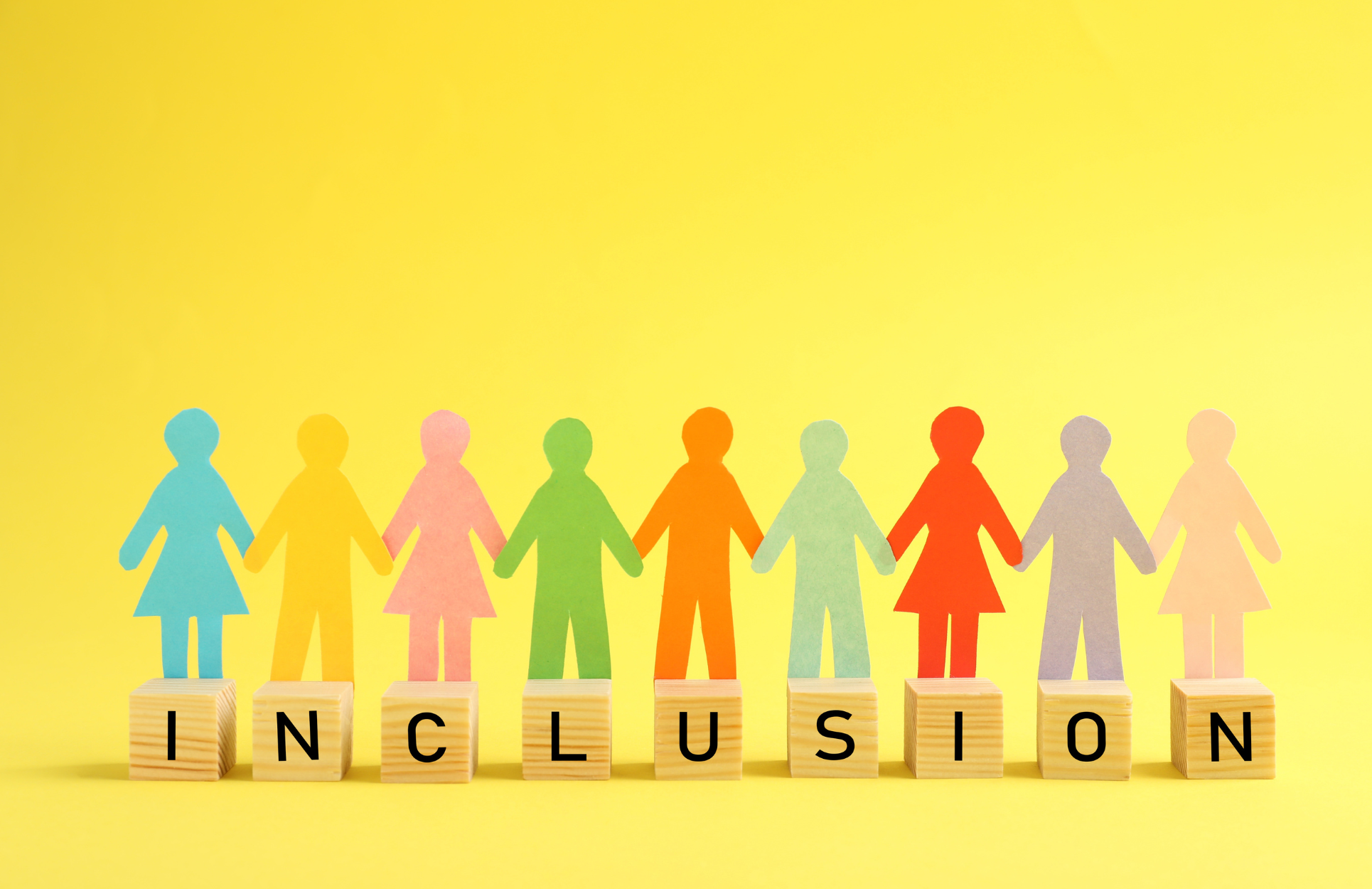 The IFoA is pleased to support National Inclusion Week 2023 and in doing so is encouraging IFoA employees to share their stories. Here, Katie Wood, our Quality Assurance Scheme Manager, shares her thoughts about the traditional Zulu greeting, 'Sawubona' and the value of inclusion.
The IFoA is pleased to support National Inclusion Week 2023 and in doing so is encouraging IFoA employees to share their stories. Here, Katie Wood, our Quality Assurance Scheme Manager, shares her thoughts about the traditional Zulu greeting, 'Sawubona' and the value of inclusion.
The IFoA is supporting National Inclusion Week again this year through a series of events and actions. This year’s theme is ‘Take Action Make Impact’.
There is always something you can do to make people feel included, an action that you can take which will make a difference to someone.
I was chatting to a colleague the other day about this blog on inclusion and that I wanted it to be about people’s stories. The colleague and I usually end up swapping stories about food and/or diversity, equity and inclusion (to us these are amongst the most important things in life – surely everyone talks about these topics when catching up?).
What does this chit chat have to do with inclusion, you may ask? Well, my own approach to inclusion is very much about listening to people, hearing them, making space for them, being curious about them and showing that I value them. I like to ask people to tell me their stories and I love to listen and learn from their responses. I will start at the beginning…
I learned about Sawubona (pronounced Saw-Bone-Ah) in a novel, The Power of One by Bryce Courtenay (I think a film has been made too if you are curious, but I would recommend the book, it is beautiful). Sawubona is the most common greeting used by the Zulu tribe. It literally means “I see you, you are important to me and I value you”. This is the cornerstone of my approach to inclusion, to truly see someone, to value them and to show them that they are important to me.
We know that lockdown taught us how critical it is to connect with people at a human level. We can do this by asking people questions and by not only listening to but also hearing their answers. To give people time, to show them that we value them by truly meaning it when we say, “tell me more” and to pay attention to their response. This also means not asking a question if we don’t have time to hear the answer. To be respectful in that way. To be open to learning about someone, to understand their perspective, to include them and to hear their stories. Everyone has a story and should be given the space (and time) to tell it.
A story could be a big story (like my personal perspective about deafness and inclusion which will be shared later this week) or a small story about what someone had for lunch (like tofu spread and whether it is tasty), or something in between. My deafness blog was inspired by a DEI session which we held in our Edinburgh Office during which I was encouraged to tell my story. Everyone in the room listened to me, paid attention to me, and asked questions which showed that they had heard me, understood me and valued my perspective. This was my colleagues demonstrating the meaning of Sawubona. I feel like I am more likely to speak up in that group now, in all contexts.
According to the Inclusive Employers website, “Inclusion is the culture in which the mix of people can come to work, feel comfortable and confident to be themselves, and work in a way that suits them and delivers your business or service needs. Inclusion will ensure that everyone feels valued and importantly, adds value. The inclusive culture then empowers diverse talent to think differently and share their experiences and perspectives, which in turn is a key driver for innovation, development and engagement.“
So, as colleagues, as employers and as people, I would encourage you to live the spirit of Sawubona, to demonstrate to all of those that you come across that you truly do see them, that they are important to you and that you value them. Take action – ask a question, listen to an answer, actually hear someone’s story and learn from it – is there something in that story that might change the way you think or approach something? Make impact – show the person that you are truly listening, you are open to hearing their perspective and that you value them. Practice this in all your interactions this National Inclusion Week. It will truly make a difference.
Sawubona.